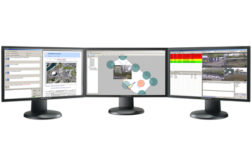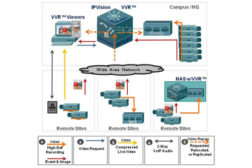Articles by Bill Zalud
Be in the forefront of security intelligence when you receive SDM.
Join over 10,000+ professionals when you subscribe today.
SIGN UP TODAY!Copyright ©2025. All Rights Reserved BNP Media.
Design, CMS, Hosting & Web Development :: ePublishing









